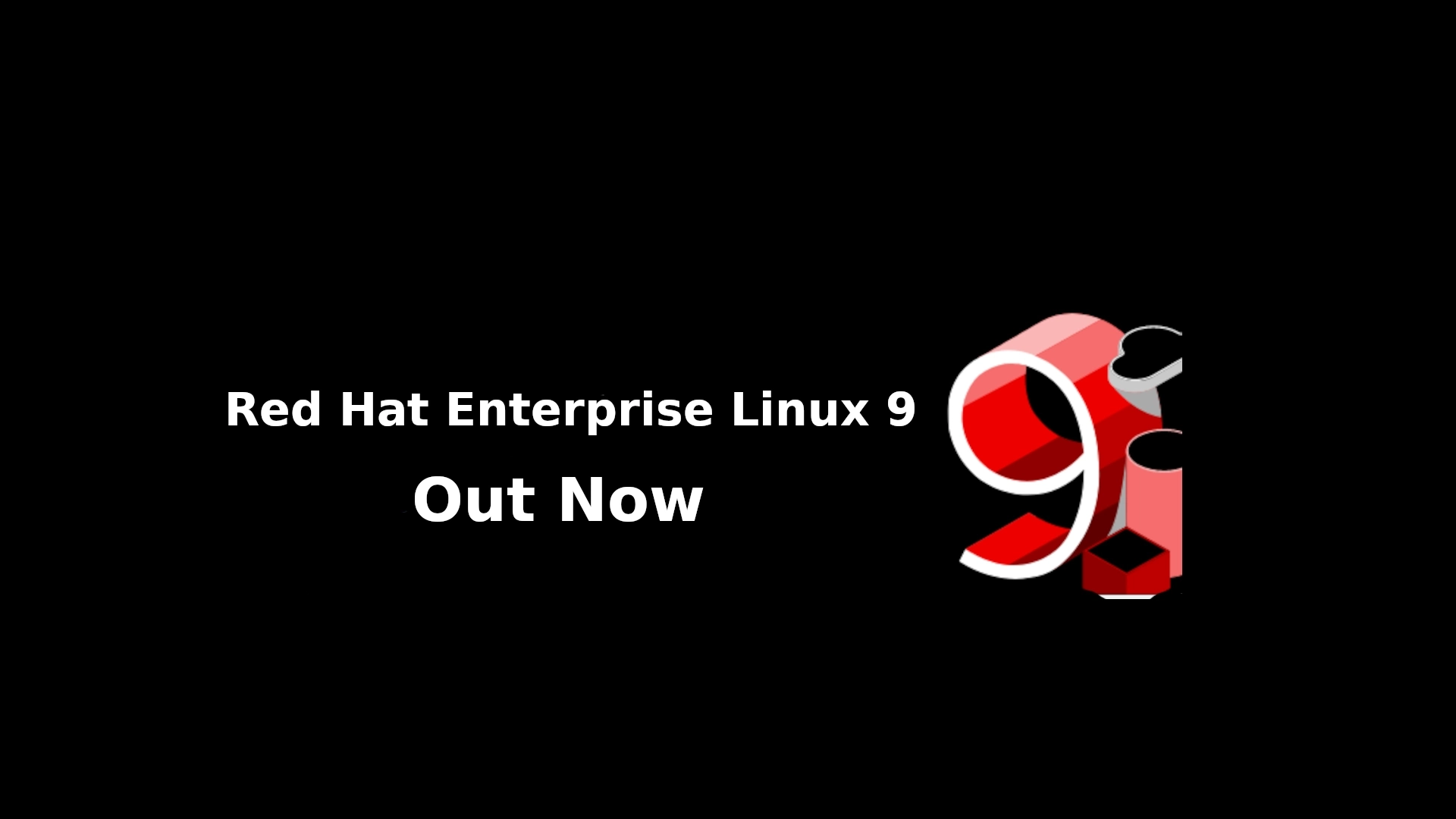Red Hat has officially launched Red Hat Enterprise Linux (RHEL) 9.5, the latest version designed to enhance organizational efficiency in deploying applications across various platforms, including artificial intelligence and edge computing.
Among the notable updates, RHEL 9.5 introduces advanced system roles, particularly a new sudo role for automating the configuration of sudo across large-scale environments. Users will also benefit from an updated Red Hat Satellite, now at version 6.16, which supports the installation of Satellite Servers and capsules on RHEL 9 systems. The Web Console also sees improvements, allowing for easier file management without resorting to the command line.
The release comes with Podman 5.0, which allows users to build, manage, and run containers on Linux. Other improvements include new versions of essential languages and tools like Node.js, GCC, Rust, LLVM, and the Java Development Kit (JDK 17), which is now the default implementation. The image builder has also been enhanced to support pre-hardened image configurations.
Red Hat’s commitment to security is evident in this update, with intentions to position RHEL as a leading zero-trust platform, enabling companies to address various technological challenges confidently. For further details on the changes in RHEL 9.5, users can refer to the official release notes and download the platform from Red Hat’s Customer Portal. Additionally, non-subscribers can try a 60-day evaluation version available here.
